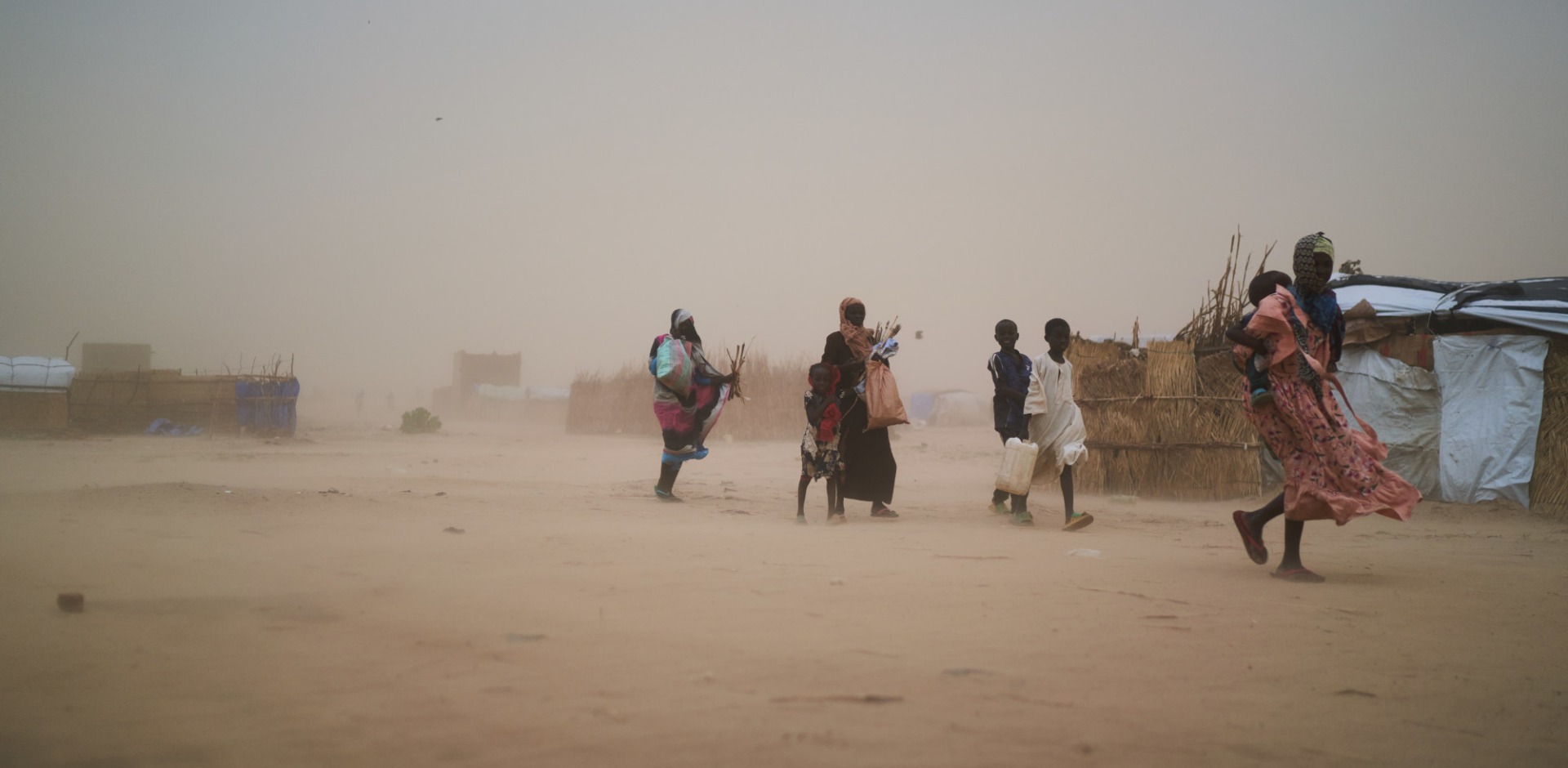
FAMINE IN SUDAN
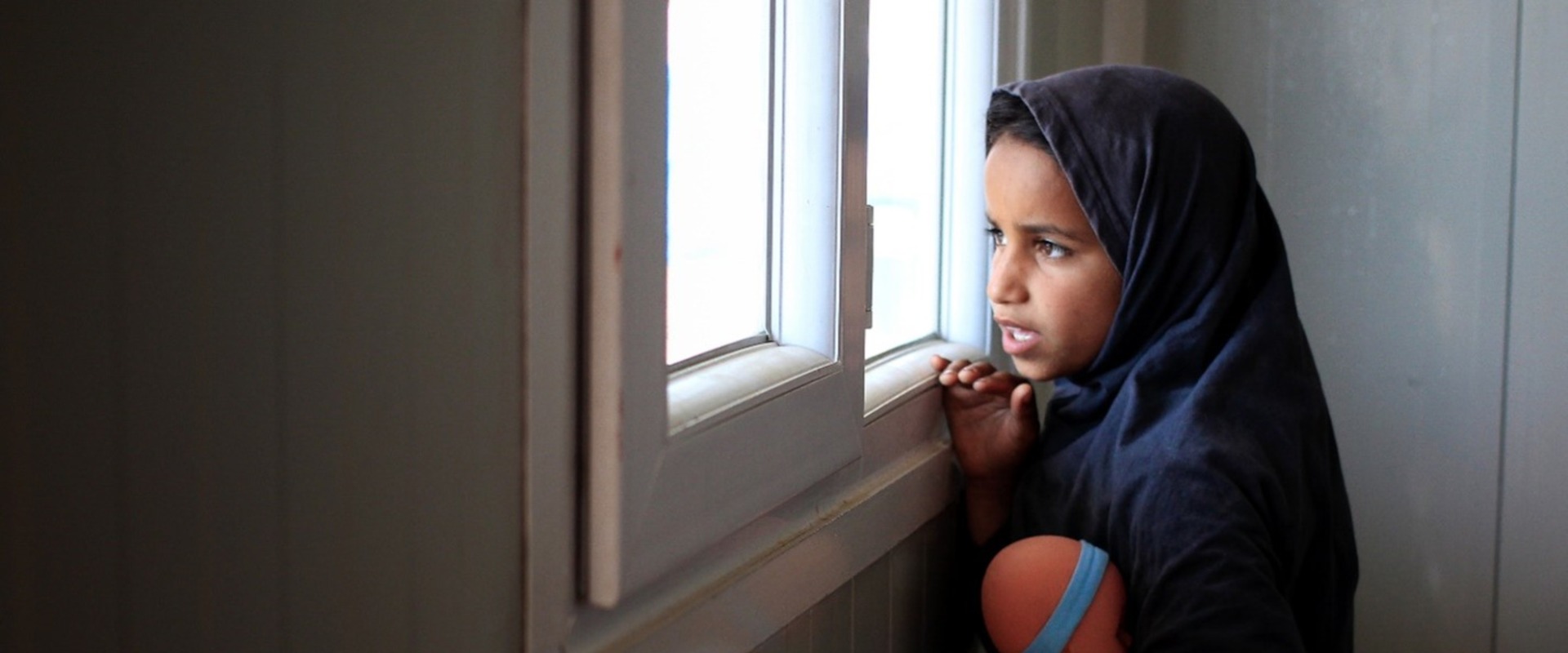
When structures of stability and safety are disrupted or destroyed during times of crises, women and children – particularly girls – are left vulnerable.
Deeply ingrained, systemic discrimination means women and girls are more likely to experience the harmful effects of crises, including displacement, lack of safe water and food, reduced access to essential healthcare services, and sexual and gender-based violence (SGBV).
In some crisis-affected countries, a staggering 70 per cent of women experience GBV- which is a major driver of malnutrition amongst women, girls, and their children.
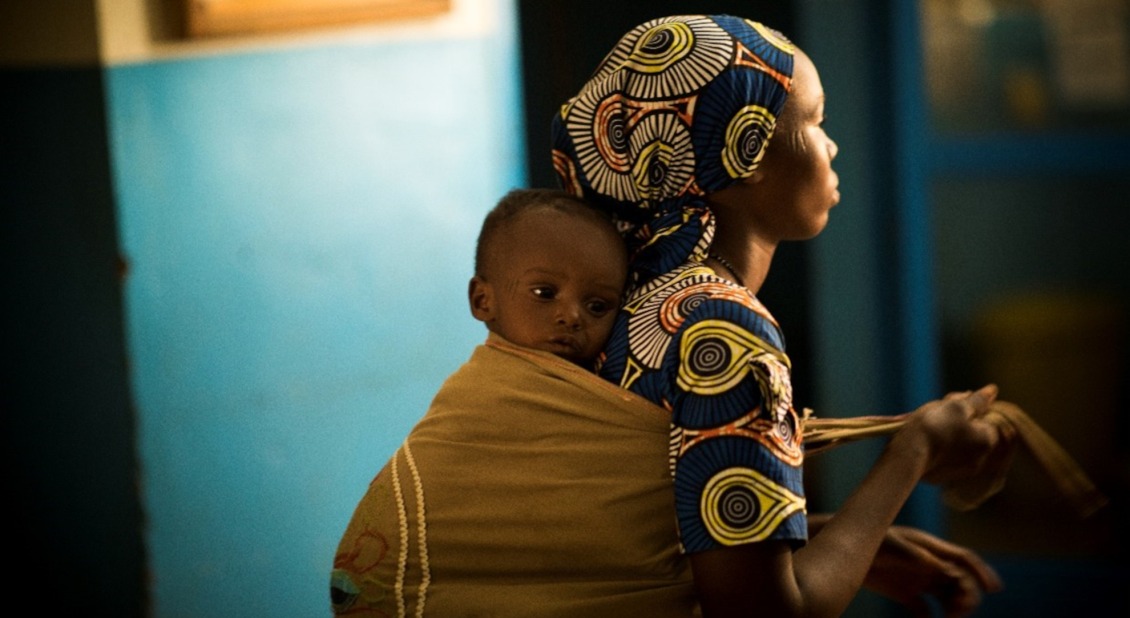
Understanding that SGBV and gender discrimination are key drivers of hunger during crises, we integrated gender and protection activities into our Global Emergency Nutrition Response program (GENRP), supported by Global Affairs Canada.
Throughout the program, we focused on the unique needs of girls and women – recognizing their systemic exposure to gender-based violence – while helping to ensure that support is available for all survivors of SGBV, including boys.
Women and girls worldwide continue to face countless barriers to sexual and reproductive health and rights (SRHR) and related services. When conflicts, natural disasters, and other humanitarian crises occur, these barriers become almost insurmountable.
In humanitarian crises, healthcare facilities are often inaccessible, damaged, or destroyed, disrupting essential sexual and reproductive health services and gender-based violence prevention and response interventions.
Resources are frequently diverted from existing sexual and reproductive health services to address the immediate crisis, leading to shortages of health professionals and essential supplies.
The consequences are devastating. Without access to adequate sexual information and services, humanitarian crises can increase the risk of unwanted pregnancies, unsafe abortions, sexually transmitted infections and maternal mortality.
Despite clear evidence that SRHR services are crucial for protecting and saving lives in crises, they remain overlooked in many humanitarian interventions.
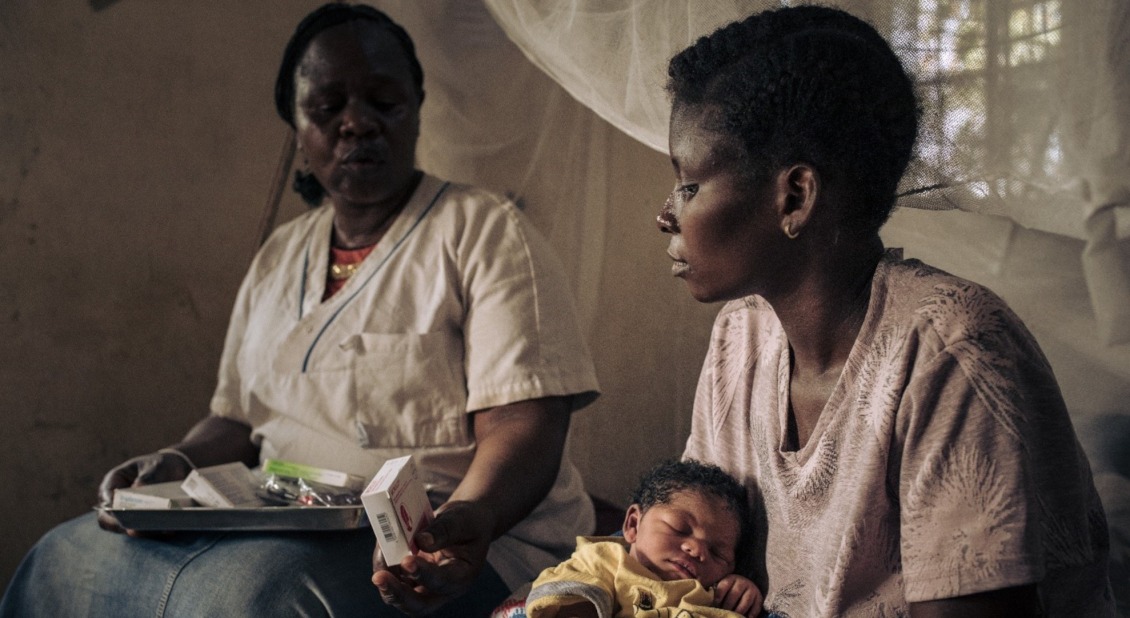
To address this, the GENRP focused on providing sexual and reproductive health services to women and girls affected by crises, ensuring they receive equitable access to quality care without discrimination.
Our teams delivered essential gender-responsive sexual, reproductive, and maternal health services to over 298,000 adolescent girls and women. These services include antenatal and postnatal care, family planning, safe delivery referrals, clean delivery kits, and psychosocial support for caregivers and survivors of GBV.
We also conducted community sensitization sessions to promote health and well-being and address social norms that restrict women’s reproductive autonomy. Our teams worked with men, boys, religious and community leaders to address the social norms that limit women’s and adolescents’ control over their bodies and reproductive health decision-making. Through home visits and group meetings, our teams encouraged men to break down cultural barriers and support joint household decision making between men and women.
People affected by humanitarian emergencies often face pervasive psychological stress that causes widespread emotional suffering and may undermine people’s ability to eat a nutritious diet. The loss and stress experienced cause grief, fear, post-traumatic stress disorder (PTSD), depression, anxiety, guilt, shame and hopelessness that overtax individuals’ capacity to cope.
This is especially true for survivors of SGBV. Mental health challenges can significantly affect survivors’ ability to care for themselves and their children. Stress and trauma from SGBV can impact maternal nutrition during pregnancy and breastfeeding, which is crucial for a child’s growth and development.
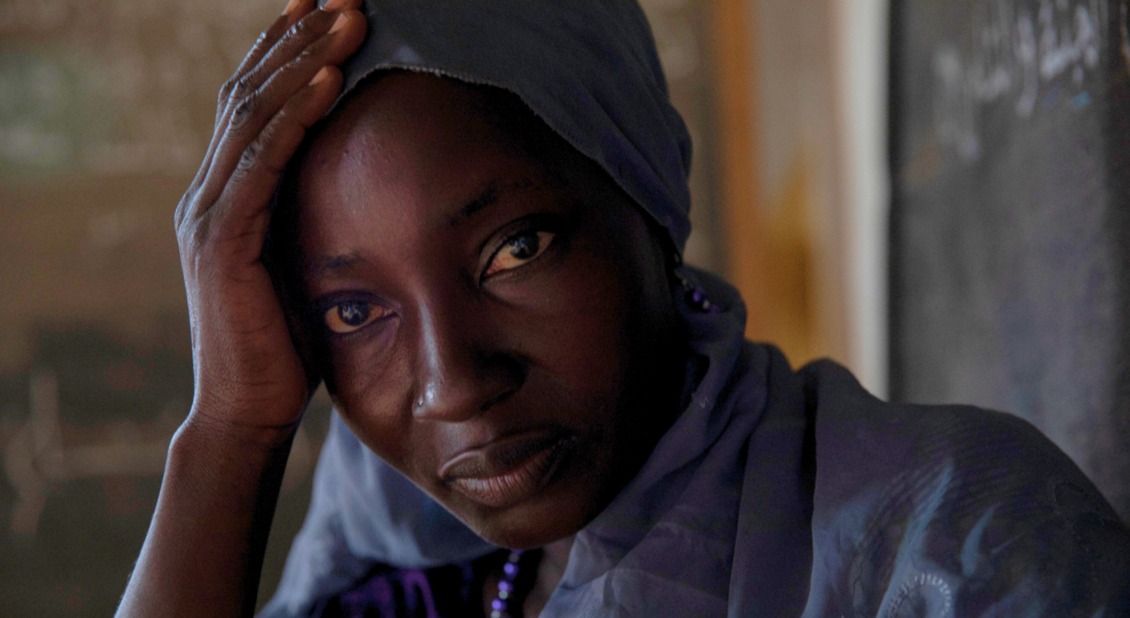
Providing mental health and psychosocial support was a key priority for the GENRP, and together with partners, we implemented programs to improve the mental health and psychosocial well-being of women, men, and children during and after crises.
By running targeted sessions on sexual and reproductive health and rights (SRHR), gender-based violence (GBV), and mental health and psychosocial support, we helped over 830,000 people access care. Our efforts included providing psychosocial support, psychological first aid, and GBV referral services for conflict-affected populations to reduce post-traumatic stress caused by migration, family separation, resource scarcity, food insecurity, forced displacement, and violence.
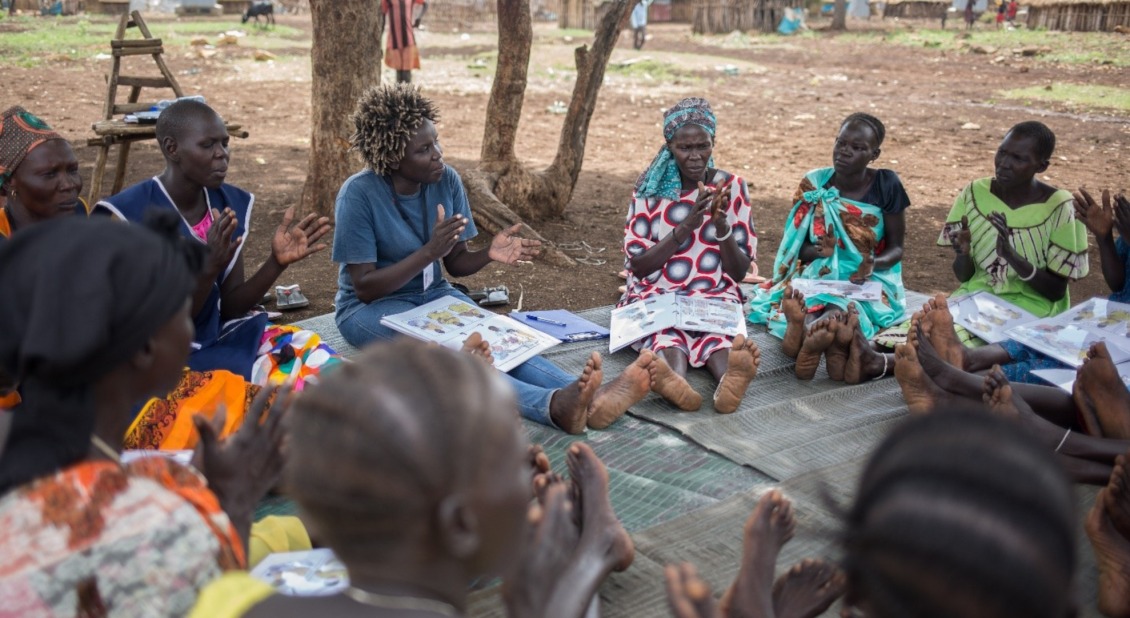
Our mental health and psychosocial support and individual and group counseling sessions reached over 405,000 people, targeting stress and depression prevalent among parents. This stress often affected their ability to bond with their infants, leading to neglect, malnutrition, and increased illness.
Our teams also used awareness sessions to encourage women and girls to seek support and adopt health-promoting practices for themselves and their families. Health education and counseling for infant and young child feeding were combined with psychosocial support to create a comprehensive mental health and psychosocial support package, ensuring a holistic approach to health and well-being.
Over the past five years, the number of people in humanitarian need has steadily risen. Conflict, instability, and climate chaos have made access to affordable, nutritious food incredibly difficult for over 783 million people worldwide.
In response to this crisis, Action Against Hunger Canada, with support from Global Affairs Canada, launched the Global Emergency Nutrition Response Program (GENRP) in 2021. Spanning three years, the GENRP focused on delivering urgent humanitarian aid to 17 countries experiencing prolonged crises, including Ethiopia, South Sudan, Sudan, Syria, and Myanmar.
The program focused on improving nutrition for vulnerable groups by providing healthcare, water, sanitation, hygiene (WASH) services, mental health support, and sexual and reproductive health and rights services. Key to all these interventions was the empowerment of women, who play a decisive role in the health and nutrition of their families.
Join our community of supporters passionate about ending world hunger.